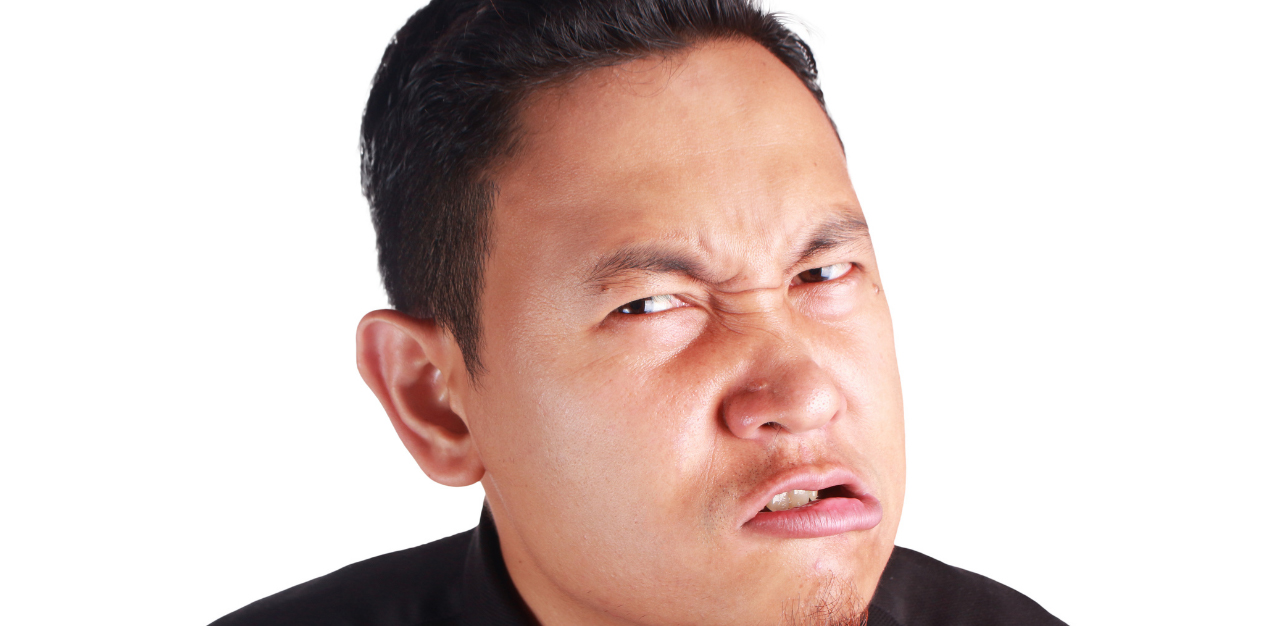The word ‘crisis’ when written in Chinese characters, symbolises both ‘danger’ and ‘opportunity’. In fact, this is the essence of a crisis. It is the human dilemma that is universal and common in societies around the world.
A situational crisis, like the ongoing Covid-19 pandemic, has taught us many key lessons about human conduct and behaviour in Singapore, which might have otherwise been overlooked in times of calm and serenity. This public health catastrophe has given us the opportunity to reflect on why and how human problems are manifested in disruptive behaviours, which violate the rights of others, and instigate significant conflict with societal norms and figures of authority.
Indeed, over the past 15 months, an increase in the number of incidents involving anti-social behaviour in Singapore has caught the public’s attention, especially when reported in mainstream and social media.
A relatively small number of normally law-abiding individuals appearing to have displayed defiant and disruptive behaviours openly, sometimes breaking the law, such as refusing to wear face masks and challenging authority, flouting group size limits and holding parties, and displaying blatant forms of racism in public.
The etiological basis of such behaviours is often complex and multifactorial, as well as the result of biological, environmental and psychosocial factors.
But behaviours like these are usually observed and more explicable in children. To a large extent, people also tend to be more forgiving towards the young; children may have poorer self-control of emotions and behaviours, due to their underdeveloped pre-frontal cortex, which controls important executive functions, such as impulse control. Of course, other factors such as an impoverished family background, harsh or inconsistent parenting and developmental difficulties could all play a role in explaining why disruptive behaviours occur.

A diagnosis of oppositional defiant disorder (ODD) can be considered by a professional when a child displays a frequent and persistent pattern of behaviours, including anger, irritability, being argumentative or defiant towards authority figures.
ODD, however, can also be identified in adults, even though it is much less mentioned and understood. In fact, the symptoms of ODD in adults are less widely researched, because the Diagnostic and Statistic Manual of Mental Disorders (American Psychiatric Association, 2000) describes clinical presentation of individuals only up to 18 years old. Moreover, adults who display behaviours that disrupt and violate societal norms in ways that show disregard for other people, or violate the rights of others, are often diagnosed with personality disorders instead, such as antisocial personality disorder. Thus, a diagnosis of antisocial personality supersedes the diagnosis of ODD in adults.
Research has shown that the symptoms of ODD are relatively common in adults, and the results of longitudinal research indicate symptom continuity from childhood into adolescence for many who are diagnosed with ODD.
Like in children, ODD in adults can result in significant clinical and functional difficulties and impairment. Adults with ODD can display a pattern of “negative, hostile and defiant behaviour“, and includes symptoms such as losing one’s temper frequently, actively defying or refusing to comply with rules and laws , deliberately annoying people and becoming angry and resentful, spiteful or vindictive. Some of these actions can result in adverse consequences. For example, individuals who knowingly flout Covid-19 rules and regulations, like mask-wearing and safety distancing measures, have been reprimanded by the law.
Adults with ODD are also likely to demonstrate impaired personal and work relationships in ways that significantly interfere with their functioning. For example, they often receive complaints from their partner or family members that they are argumentative, hold grudges and avoid taking responsibility for their behaviours, and blame others for their mistakes.

At the workplace, a history of arguing with the boss or making derogatory comments is not uncommon. In the worst-case scenario, they might be terminated at work for their inappropriate behaviours in public, as evidenced in recent cases in Singapore. Furthermore, these individuals often justify that their behaviour is a response to unreasonable demands or circumstances, and do not regard themselves as angry or defiant.
Research also indicates that adults with ODD have reported more severe symptoms of other psychiatric disorders. For instance, it was found that those with a life-long history of ODD had high rates of comorbid bipolar disorder, anxiety, and substance use disorders, which is consistent with the patterns of comorbidity found in children with ODD.
Negative feelings like anger are normal human emotions, and they have considerable adaptive value. Anger in the face of adversity, for example, can help to garner psychological resources, strengthen behaviours for corrective action and promote perseverance. It can also protect one’s self-esteem, and be used as a means to communicate negative sentiment and redress grieves. But, in stressful life circumstances, anger can become problematic when it comes to individuals with ODD trying to adjust to these circumstances, such as the pandemic, where stress overwhelms their capacity to cope effectively.
Individuals with ODD are ‘dysregulated’, such that they have very poor control over their emotions. Thus, the adverse consequences faced by individuals with ODD could be seen as a result of reciprocal links between stressful life circumstances (Covid-19 pandemic), psychiatric problems (ODD) and disruptive behaviours.
Although children with ODD are often associated with breaking rules, adults with ODD can be perceived by others as controlling and angry, when provoked. One of the most challenging issues in working with these individuals is that they often spark an argument in a provocative manner, when they are crossed or when they reluctantly go for treatment.
Despite the challenges, similar strategies apply to working with adults with ODD as with children with ODD – avoid directly challenging the individual and instead position them in a place of control. This allows treatment to continue when it might have ended prematurely. Trust between the individual with ODD and the treatment provider is crucial in enhancing motivation for treatment.
Although having psychiatric diagnostic categories can be helpful in providing a more accurate diagnosis and treatment plan, it runs the risks of over-simplifying human conditions and behaviours; assigning narrow labels to individuals that lead to increased stigmatisation in society.
Moreover, it is important to note that individuals with ODD often have had difficult childhood and life experiences, which may have led to their current predicament. Seeing them through the lens of compassion and empathy is an important first step in helping them integrate into society.
Chad Yip is a registered clinical psychologist, who provides psychotherapy and psychological assessment and treatment for children, adolescents and adults.
Call these helplines if you need emotional or psychological support
National Care Hotline: 1800-202-6868 (8am-12am daily)
Mental well-being
– Fei Yue’s Online Counselling Service
– Institute of Mental Health’s Mental Health Helpline (6389-2222)
– Samaritans of Singapore (1800-221-4444)
– Silver Ribbon Singapore (6385-3714)
Marital and parenting issues
– Community Psychology Hub’s Online Counselling platform
Violence or abuse
– Big Love Child Protection Specialist Centre (6445-0400)
– HEART @ Fei Yue Child Protection Specialist Centre (6819-9170)
– PAVE Integrated Services for Individual and Family Protection (6555-0390)
– Project StART (6476-1482)
– TRANS SAFE Centre (6449-9088)
Counselling
– TOUCHline (Counselling) – 1800 377 2252
Join the conversations on TheHomeGround Asia’s Facebook and Instagram, and get the latest updates via Telegram.














